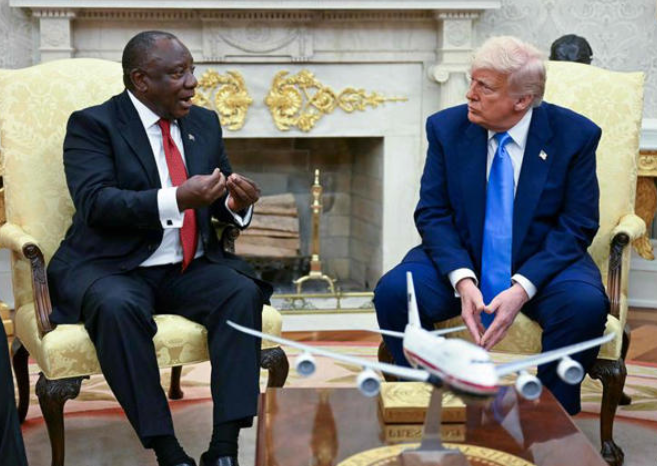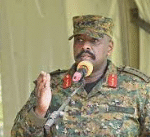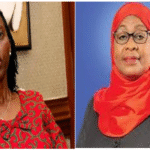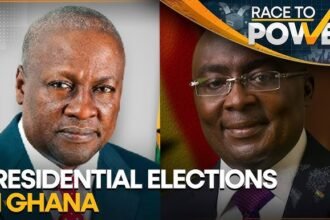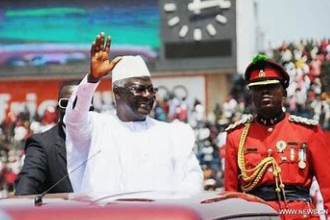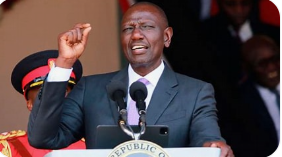By Jean Durand
PRETORIA, South Africa – US President Donald Trump’s handling of his meeting with South African President Cyril Ramaphosa at the White House on Wednesday has drawn criticism and disappointment in South Africa. Trump repeatedly interrupted Ramaphosa and made unsubstantiated claims of a “white genocide” occurring in the country, leading to widespread disapproval of the president’s behavior.
During the meeting, Trump aired a video showcasing a radical fringe group chanting a song from the anti-apartheid era that included lyrics about “killing” white farmers. He also reiterated accusations that South Africa was expropriating land from white Afrikaners, descendants of Dutch settlers who still own a significant portion of the country’s farmland.
“I think [Ramaphosa] was treated very disrespectfully,” a Cape Town resident told Deutsche Welle. “While I may not agree with many of the things that are happening in our country, there is no reason to treat our president like that.” Another woman commented, “That was a very immature way to deal with the situation on Donald Trump’s part. He should open himself up to hearing what Ramaphosa has to say about his own country.”
Despite the hostile reception, Ramaphosa maintained a calm and diplomatic approach, earning him praise both at home and abroad. The 72-year-old president, a former mining union leader who played a key role in dismantling apartheid, calmly refuted Trump’s claims and emphasized the multifaceted challenges facing South Africa.
Ramaphosa’s party, the African National Congress (ANC), commended his conduct. “His conduct was in keeping with the proud diplomatic tradition of President Nelson Mandela,” the ANC stated, invoking the legacy of the iconic liberation leader.
The South African delegation included prominent figures such as luxury goods billionaire Johann Rupert, South Africa’s richest man, and champion golfers Ernie Els and Retief Goosen. Notably, Trump allowed these white members of the delegation, along with Agriculture Minister John Steenhuisen, to speak without interruption, a stark contrast to his treatment of Ramaphosa.
The meeting followed a series of actions taken by the Trump administration that have strained relations with South Africa, including cutting aid, threatening trade tariffs, and expelling the South African ambassador. Trump has also offered refuge to Afrikaners based on claims of persecution, which Ramaphosa’s government vehemently denies.
President Ramaphosa addressed the issue of crime in South Africa, stating, “There is criminality in our country. People who do get killed, unfortunately, through criminal activity are not only white people. The majority of them are Black people.”
Ebrahim Rasool, the former South African ambassador to the United States, who was recently expelled, praised Ramaphosa’s handling of the situation. “On the one hand, there is anger and disappointment [in South Africa] about the way President Donald Trump handled the meeting,” Rasool told DW. “There is also admiration for the dignity, unity and diversity of the South African delegation. When we couldn’t get our words in, the body language, diversity and dignity of the South African delegation spoke volumes.”
Rasool suggested that a more forceful response from Ramaphosa could have backfired, potentially leading to a negative outcome similar to that experienced by Ukrainian President Volodymyr Zelenskyy in a previous White House encounter.
Despite the tense atmosphere, Ramaphosa attempted to diffuse the situation with humor, complimenting Trump on his Oval Office decor and joking about improving his golf game to challenge the US president. His measured response and focus on fostering dialogue have been widely applauded in South Africa, even amidst the disappointment and anger over Trump’s behavior.


